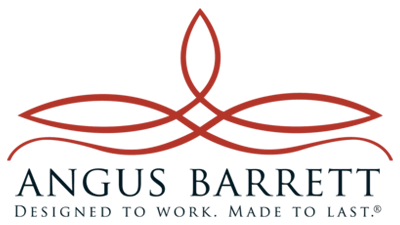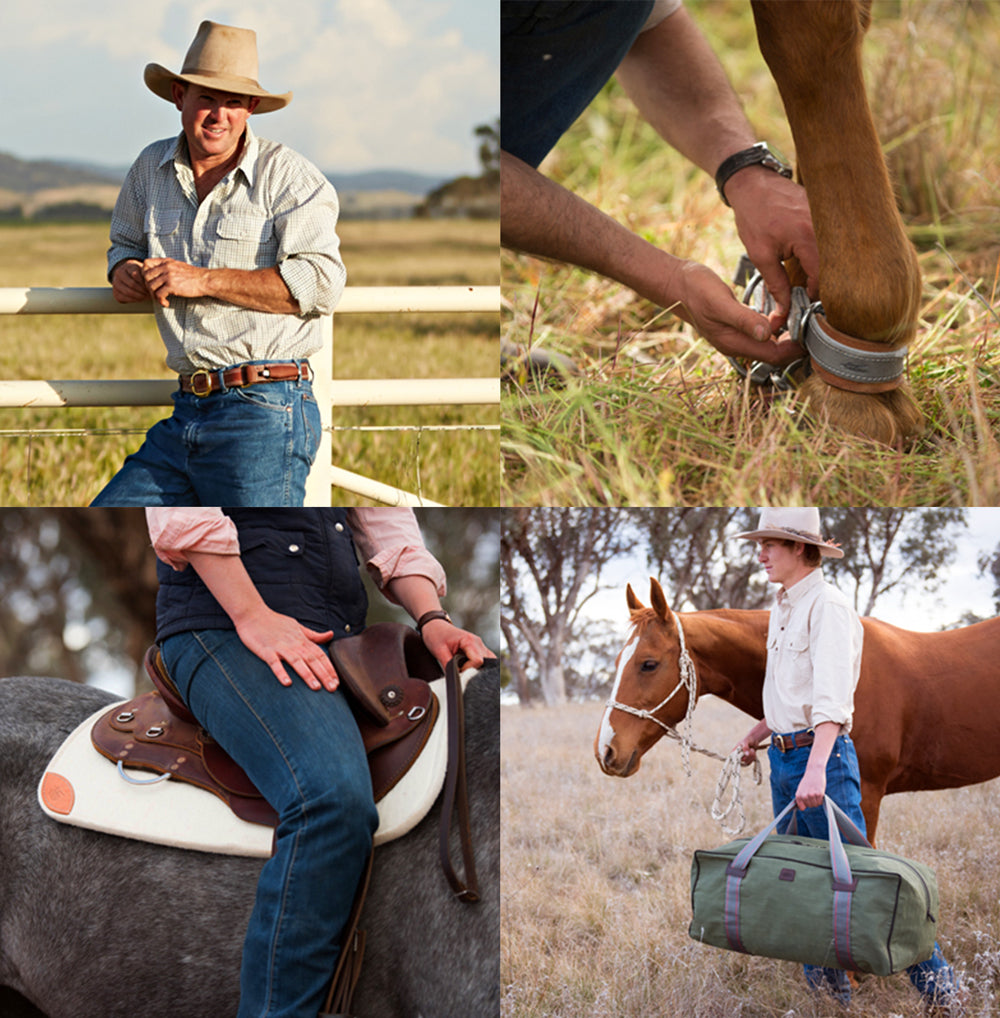Mega Test
Link to your collections, sales and even external links
Add up to five columns
Link to your collections, sales and even external links
Add up to five columns

Ever thought of working on a station?
February 23, 2018 3 min read
Have you ever thought of working on a cattle station?
At the end of 2016 it was estimated that the Australian cattle herd was approximately 25 million head, and that over 200,000 people were employed across the red-meat industry. A large portion of these cattle are raised in remote areas of the country, where people are few and far between, however for some lucky people, it is where they call home.
The people who work in Australia’s remote agricultural areas, whether it be for a season, or a lifetime, are no strangers to hard work. Days are long, and the work can be very physical. So why do they do it? Working on a station is the opportunity to experience the great outdoors and witness some sights that other people only see in their dreams.
Apart from the sights, there are also weekends spent socialising with crews from the other stations and the locals. These can include nights out in town, cricket matches, campdrafts and race days. The characters you meet and the memories you make will far surpass the memory of the hard work.
There are a variety of jobs you can have if you decide on heading out to a station for a stint. Here are a couple of examples:
- Station Hand (Jillaroo/Jackaroo/Ringer) - The stock staff are the backbone of the whole operation. Normally making up most of the crew, they will be found out mustering or working in the yards with the cattle. When there isn't cattle work to be done, they are responsible for general station duties, such as heading out to maintain the fences. There is usually someone nominated as the Head Stockman (or woman) who co-ordinates and supervises all the others, sometimes this may be one of the duties of the Station Manager/Owner. Want to know more? Check out Central Station's "So you want to be a Ringer" series: Part 1, Part 2.
- Bore Runner - Often overlooked, they have an integral role in the welfare of the cattle. A Bore Runner is responsible for checking and maintaining the bores that pump drinking water for the cattle. Central Station's "Life's a bore" article gives you a good insight to the life of Jimmy, one of Newcastle Waters' bore runners.
- Cook - Probably one of the most essential personnel on a station is the cook. We all know ourselves that there is nothing better than a meal you don't have to cook. After a long, hard day, the crew will normally sit down for a dinner prepared by the cook. They are also responsible for preparing a hearty breakfast and smoko/lunches for on the go. Their duties can include camping out at the stock camps too. Not a role for the faint-hearted, it is a long day on the job, being the first to rise and the last one to bed, you will spend your day mostly alone. Sometimes you will cop the brunt of a tired crew, but deep down they appreciate everything you do.
- Governess - Primarily responsible for looking after the station children and running the home school programs for the older ones, the 'govie' will also turn their hand at cleaning, gardening, office work and helping the cook out when needed.
- Gardener - Ever seen the photos of an amazing garden at a station where there isn't a leaf out of place? This is because some stations employ a gardener to maintain the grounds around the living quarters. This not only makes it a nicer place to be, but also reduces the amount of dust making its way into the buildings. This role can also include general maintenance and repairs too.
- Mechanic - Whilst some stations are after qualified trade mechanics, others are just happy with a good bush mechanic. As with all these jobs, each station may have different duties, but generally they are responsible for maintaining the fleet of the machinery, motorbikes and vehicles.
- Grader Driver - A grader driver is responsible for maintaining the transport routes. You could be employed in a camp out role, where you spend much of your time out alone with a caravan or camp trailer in tow. The alternative option is to drive out to where you are working each morning and then return to the main quarters of a night time.
We have put together some resources for those who are interested in some more information:
-
Central Station - http://www.centralstation.net.au/ - a great resource for all interested. Their blog showcases some great stories from all over Australia and will keep you up to date on current news in the industry. They also have resources for job seekers who are looking for training or positions.
-
Station/Farming Jobs Australia - https://www.facebook.com/groups/755151641164749/
-
Bush Recruitment - http://bushrecruitment.com.au/
- Ringers From The Top End - https://www.rfttejobs.com/
- For some lighter entertainment, check out 'Keeping Up with the Joneses' available on Itunes.
Headed up north? Don't forget to check out our
Ringers Packing Guide.
Resources:
https://www.mla.com.au/globalassets/mla-corporate/prices--markets/documents/trends--analysis/fast-facts--maps/mla_beef-fast-facts-2017_final.pdf
http://www.australian-outback-life.com/employment.html
http://www.centralstation.net.au/blog/
Subscribe
Sign up to get the latest on sales, new releases and more …

